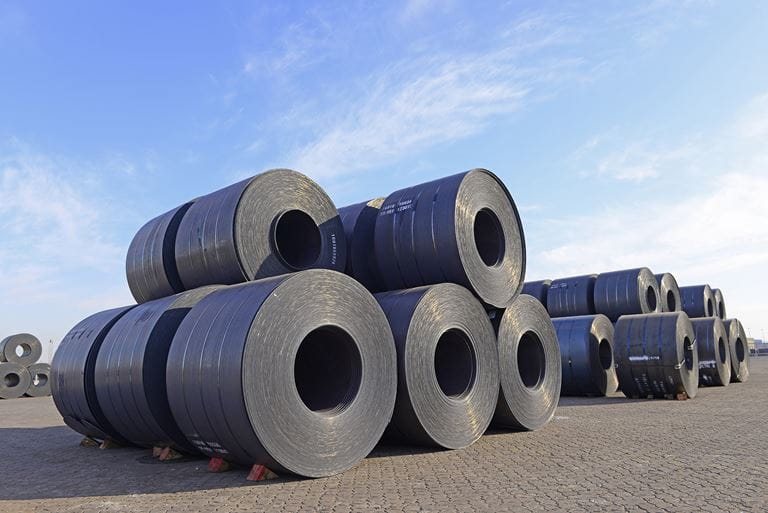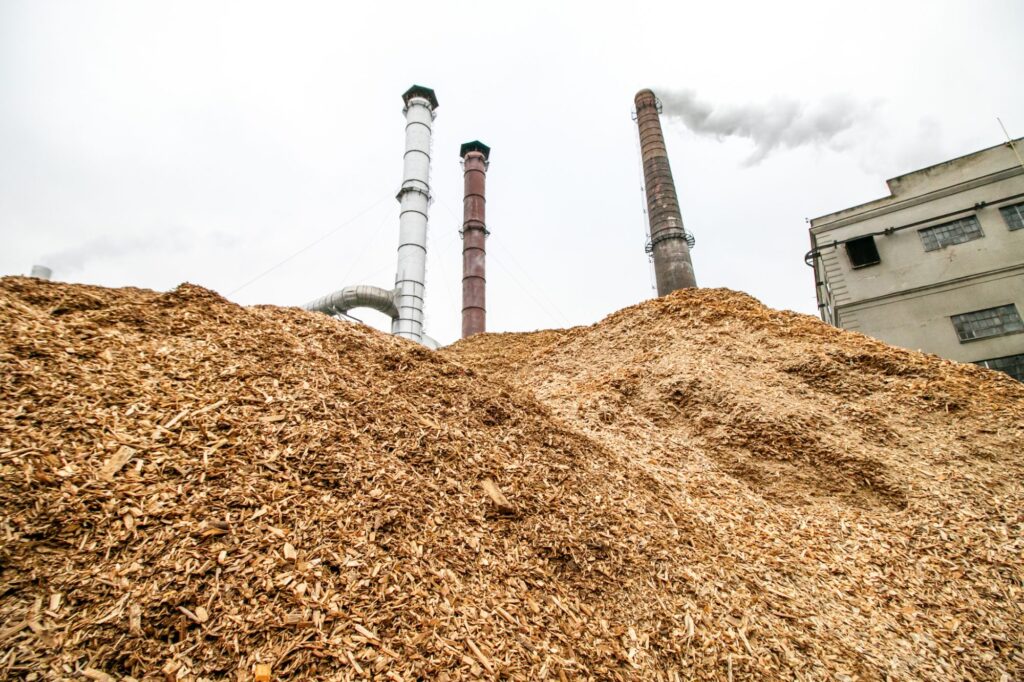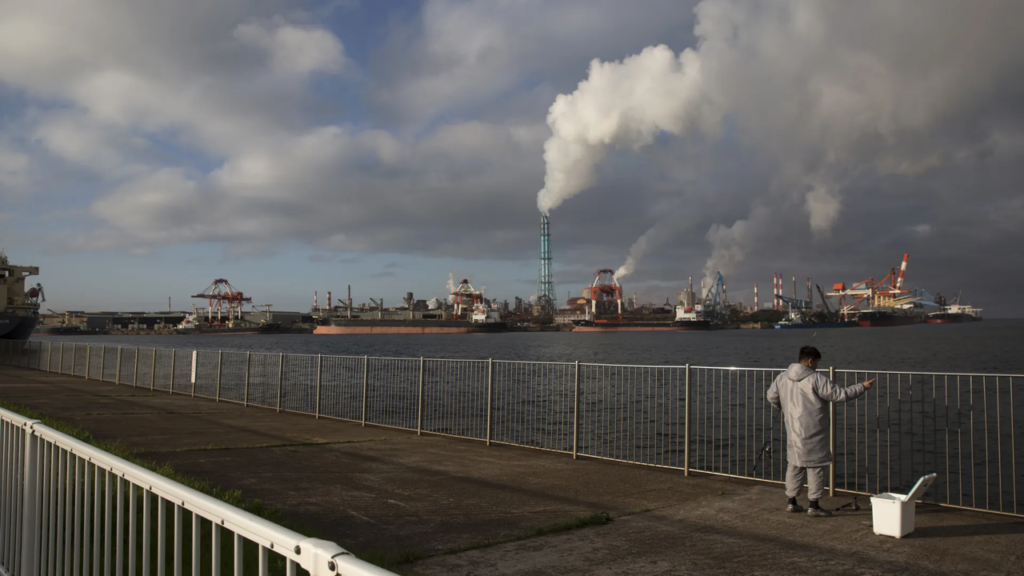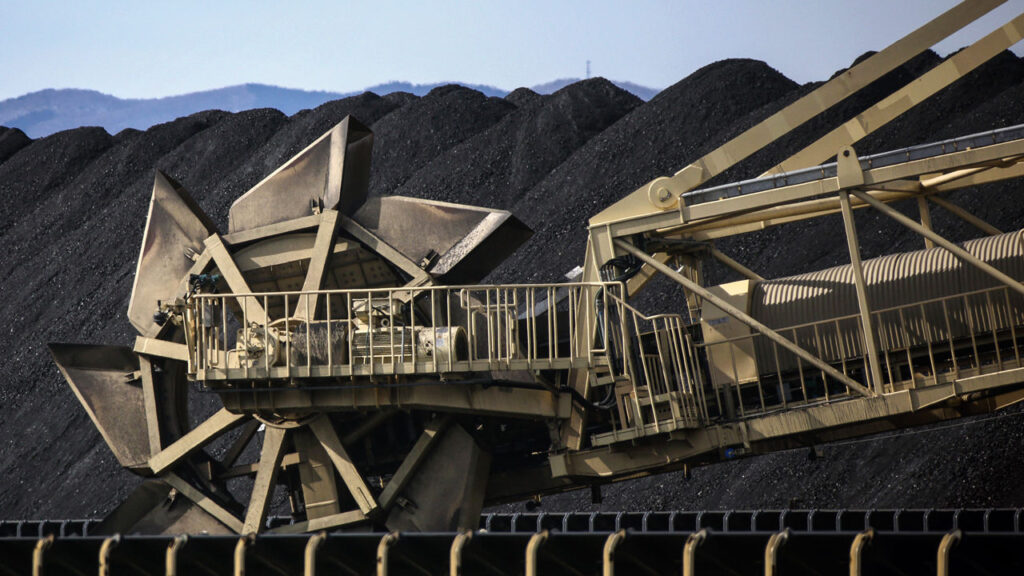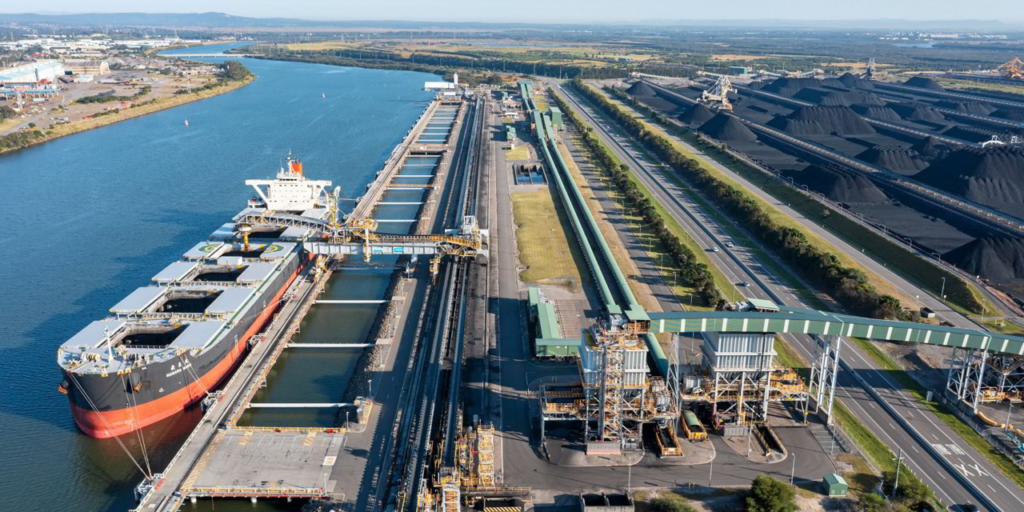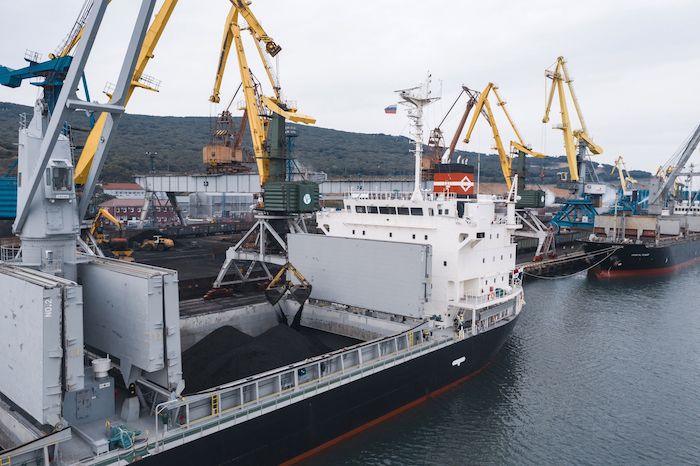Japanese prime minister Fumio Kishida has told the UN Cop 28 climate conference that Japan will stop building additional unabated coal-fired power plants.
“Japan will take the path to net zero emissions by ending the construction of new domestic unabated coal power plants, while ensuring stable energy [supplies],” Kishida said on 1 December.
The pledge is in line with the G7 target of fully or predominately decarbonising the power sector by 2035 and achieving net zero emissions by 2050, announced in April.
Japan already has two coal-fired units under construction. The country’s largest power operator, Jera, plans to start commercial operations of its 650MW Yokosuka No 2 coal-fired unit in Kanagawa prefecture in February next year. Japanese power producer and wholesaler J-Power aims to build a new 500MW No 2 unit for its Matsushima coal-fired plant in Nagasaki prefecture by the financial year starting in April 2028 to replace two old coal-fired units with a combined capacity of 1GW. The upcoming Matsushima unit is set to have an integrated coal gasification combined-cycle component.
The vow is unlikely to cancel ongoing coal-fired plant projects given that the Yokosuka No 2 unit is near completion, while an environmental impact assessment on the new Matsushima unit began in September 2021. In addition, specifying unabated coal-fired plants in the pledge suggests the Japanese government may continue to allow new coal-fired plants with emissions reduction technology, such as ammonia co-firing.
Japan has operational coal-fired units with a combined generation capacity of about 52GW across the country as of early December, according to Japan Electric Power Exchange.

